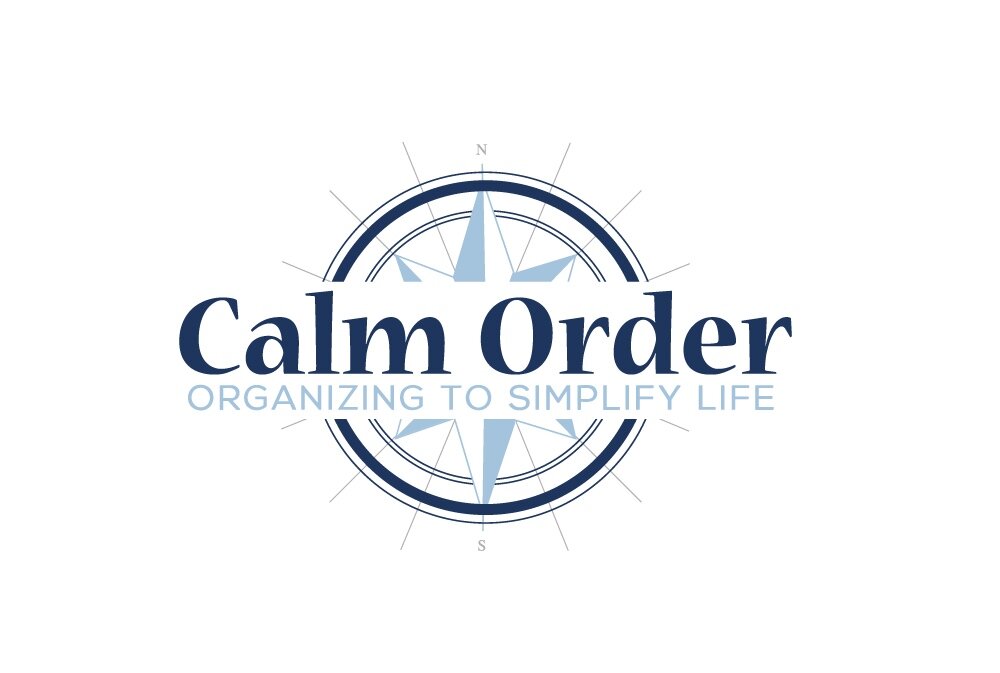If you're planning on moving soon or in the process of moving, you know that there are a lot of tasks that need to be completed before the process is over! In order to stay on track, make sure that you create a checklist with all of the important tasks that you need to this. Checklists are important because during a busy time like moving, it is very easy for people to forget to do even the most important tasks. With so much going on, many things can get lost in the shuffle. Whatever needs to get done, make sure you write it down.
Checklists also make it easier for you to delegate to others. For a more organized move, don’t be afraid to ask from help, either from family or friends, or even professional moving services. This will help make the process as efficient and stress-free as possible. You want to make sure that you have enough time to complete the process without rushing, but you also don’t want to be perpetually unpacking your belongings, so a checklist can also help you stay on track.
While many items are easy to remember (like decluttering and packing), there are other tasks that often get overlooked. Below, we’ve outlined some of the tasks that you should include on your list:
- Important records: This includes any school, medical, or dental records you may need to transfer to a new service. If you are unable to have them transferred, you may need to obtain your own copies.
- Time-off work: Why try and finish a move over the weekend? Make sure you take plenty of time so you don’t have to rush or put off moving until your done work for the day. It might be a good idea to take an extra day or two to relax and enjoy your new home!
- Moving documents: Designate one folder for all of your important moving documents so you don’t forget anything (or accidentally pack it!) for moving day.
- Insurance: If you’re moving a lot of valuable items, it may be worth it to get moving insurance. This way, you will be covered if anything goes wrong during the move. Make sure to carefully pack your valuable items and store them in a safe location during the move.
- Know where to go for help: If you’re moving to a new area, it may be useful to research the different service providers (electrician, plumber) in case you notice something isn’t working right during your move or right after.
- Return borrowed items: Have you recently loaned items from the library or from a friend? Make sure you return everything that you have out on loan and there is nothing left on your records.
- Prescriptions: Visit your pharmacist and make sure that all your prescriptions have been filled so you don’t have to worry about running out during the move and the initial period after.
- Electronics: Many electronics come with a variety of cables, so take pictures of all of your plugged-in electronics so you can easily set them up in your new home. It is also a good idea to back up your devices before the move.
- Plan a moving party: Make sure you enjoy the last couple of nights in your home. Help your children plan one last sleepover, or invite family, friends, and neighbours over for one last evening.
- Pack an bag with essentials: Make sure that all of your essentials like toiletries, a couple of outfits, shoes, snacks, and important documents like passports and birth certificates.
- Defrost freezer: A day or two before you move, make sure that you empty out the items in your freezer and make arrangements for their storage. Then, let your freezer defrost so it is ready to be moved to your new home.
- Drain fluids: Make sure that equipment and machinery like hoses and lawnmowers are empty of any water or gasoline before moving.
- Plants: If you’re taking plants with you, make sure they have been watered and cared for, and are stored in a safe location during the move. If you are unable to keep them, see if family and friends are interested in looking after them, or donate them to a local charity.
- Check the weather: The weather is constantly changing here, so make sure you stay up to date on what the weather conditions will be like on moving day. This may affect your travel times and how much you are able to do on that day.
Don't forget anything during your move by keeping track of everything you need to get done before, during and after the process. When in doubt, there are plenty of printable checklists available online to help you get started!













